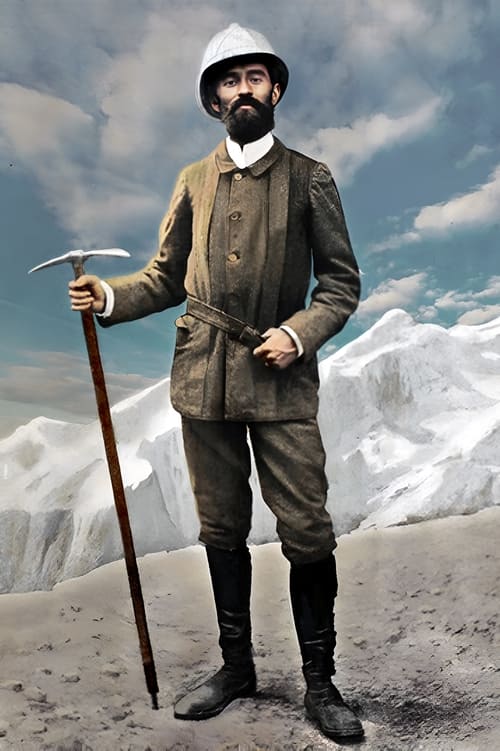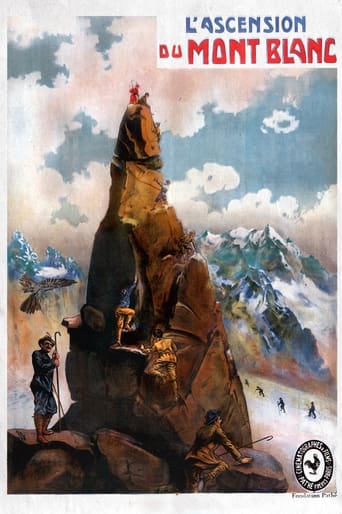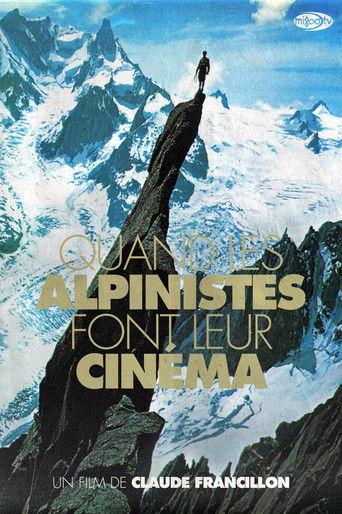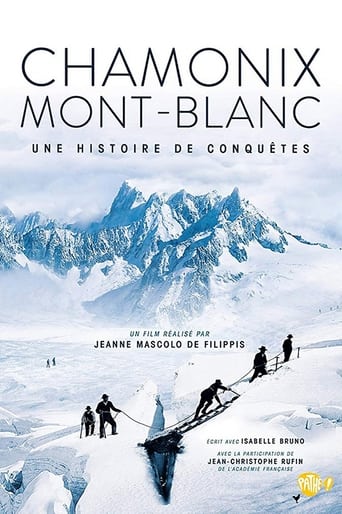
Gender
Birthday
Popularity
Joseph Vallot
Joseph Vallot
Gender
Birthday
Popularity
Biography
Joseph Vallot (Henri Marie Joseph of his real name) is a French astronomer, geographer, naturalist, mountaineer and patron, born February 16, 1854 in Lodève and died April 11, 1925 in Nice. He left Lodève to join the Lycée Charlemagne in Paris, studied botany and geology. He was appointed vice-president of the Société Botanique de France and later president of the Club Alpin Français. In 1875 when he went to a geology congress held in Chamonix, he fell in love with Mont Blanc. At that time, despite the few scientific observations made by the Genevan naturalist Horace-Bénédict de Saussure, everything still remained to be discovered about life at altitude, the movement of glaciers, etc. He made his first ascent in 1881 in 1887, to prove that it was possible to live, sleep, eat and work at such a high altitude, Vallot and his guides spent three nights in a tent at the top of Mont Blanc. On their descent, they receive a triumphal welcome. That same year, Vallot made the ascent five times. For the next three years, he continued his observations while negotiating, with the municipality of Chamonix and the company of guides, the conditions for the construction of a refuge-laboratory on the site of Rocher des Bosses located just 450 meters below the summit. He gets 800 francs from the municipality and 200 francs from the guides and invests 5,500 francs. In 1890, 110 guides and porters climbed in eight days on their backs (15 to 30 kg each) the materials necessary for the construction of a hut of 5 meters by 3 with two rooms, the first serving as a refuge and the second as a laboratory. . This first observatory was built at an altitude of 4,362 m and was completed at the end of August 1890. The Vallot refuge, reserved for guides and climbers, was built in 1892 a little further at 4,365 m. In the 21st century, this refuge no longer welcomes mountaineers. It belongs to the CNRS and is still used by scientists who study physiology at altitude. In 1898, an observatory was built on a surface of 60 m2 comprising eight rooms with improved comfort. A metal annex, on the other hand, is permanently accessible and allows mountaineers to rest or take refuge in bad weather. Joseph Vallot also worked on a train project that was to take tourists to the summit of Mont Blanc and on the first Aiguille du Midi cable car project, the first section of which Les Pélerins - La Para was inaugurated in 1924, constituting the first cable car in France. A second section up to the Glaciers was completed after his death in 1927 and a third up to the Col du Midi, started in the 1930s, remains as a service line. Passionate about photography, he brought back many remarkable shots from his mountain expeditions. The Alpine Museum of Chamonix keeps many documents concerning him and has reconstructed the Chinese room of its observatory. Joseph Vallot will also help his cousin, the engineer Henri Vallot, to produce, from 1892, the 1/20,000th map of the Mont-Blanc massif. Work completed after his death by his little cousin Charles Vallot who will launch the collection of Vallot guides for mountaineers



